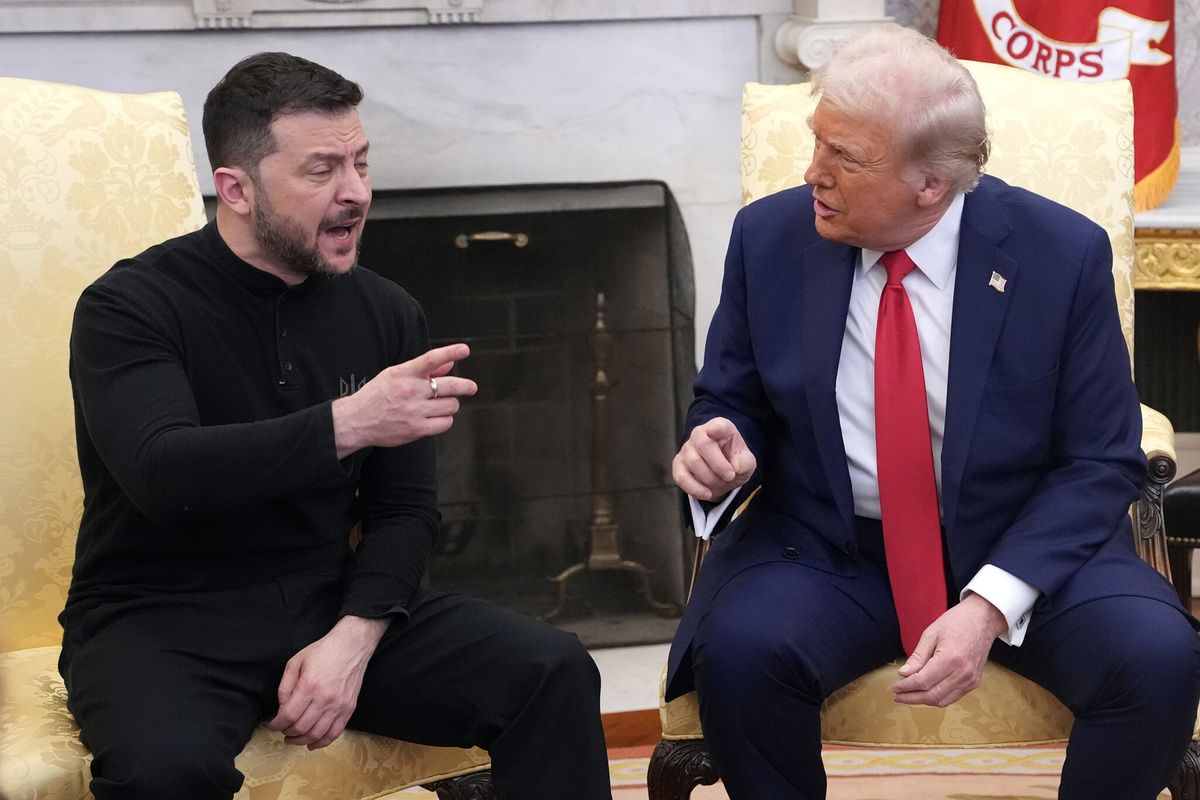Germany – a strong U.S. ally – is watching the American presidential race very closely, with a critical eye. The Cipher Brief’s Kaitlin Lavinder met in Berlin with German media expert Hero Warrings, who says that most Germans are keeping their fingers crossed for a Clinton victory. Warrings is the Editor-in-Chief of Political Analysis for RTL capital studio, a private German television station.
The Cipher Brief: How is Hillary Clinton portrayed in mainstream German news media, including at your station, RTL?
Hero Warrings: Hillary Clinton gets (automatically) better press than her opponent Donald Trump due to Trump’s rhetoric and behavior. In addition, in a country with a female leader – Chancellor Angela Merkel – there are a lot of articles that touch upon the idea of having the first female president of the United States. When it comes to RTL, we report on Clinton in a way that shows it would be not good for the transatlantic relationship if Trump wins.
It appears that Clinton would be a more reliable partner than Trump. There are a lot of questions circulating in Europe during this U.S. election cycle: What will happen to the TTIP trade negotiations? Will the United States still be interested in Europe in the future, or will the U.S. shift all its focus to Asia? How will the U.S. deal with the refugee situation in Europe and Africa? Regarding these important matters, a lot of German commentators assume that Clinton would be the better choice.
TCB: What do most Germans in the public think about Clinton?
HW: Clinton is well known in Germany from her time as U.S. Secretary of State. Her husband Bill Clinton was very popular in Germany when he was president. So, Germans know who Hillary Clinton is and what she stood for in the past. Moreover, they think that her prior experience means she could be a good president. In German media, Clinton is shown as the more sensible candidate for the Oval Office.
Germans, in general, are very surprised about what has happened in the past few months with Trump’s successes. Trump’s triumph would never have been possible in Germany. Some consider him to be a political clown, and a lot of people find it astonishing that he could stay in the race after all of the outrageous remarks he has made. Germans in general think that Clinton is the only choice who will maintain good relations with Europe and, of course, with Germany.
TCB: For those Germans with views that differ from the majority, what do they think about Clinton and why? What are the demographics of these Germans?
HW: Some Germans from all ages find it very strange that the wife of a former president has the chance to become president of a country. They think this is a phenomenon that usually only occurs in countries in South America, for example. For them, Clinton is part of the rich political establishment in the U.S. It should be noted that President Barack Obama was very popular in Germany, and a lot of Germans put a lot of hope in his presidency. Now, most of them are disappointed and don’t expect much from Clinton either.
TCB: What do German politicians – including Chancellor Angela Merkel – think of Clinton?
HW: When the doors are closed and journalists and politicians can speak privately, a lot of important personalities do not hide that they hope Clinton will win. She seems more reliable and a better partner for future projects in Germany and Europe. And they know her as a competent counterpart in the U.S.—although Hillary Clinton did not come too frequently to Berlin when she was in office.
TCB: Is Germany closely watching the U.S. presidential election?
HW: Definitively! The race for the White House is on the news almost every day. Germans care about who the next U.S. president will be, because the United States and Germany are close friends, and American culture is very present in the day-to-day-life of many Germans. To be honest, most of them hope that Donald Trump will not win. If he was to win, a lot of Germans would not understand how this could happen and would be uncertain as to what America will stand for in the next four years.











